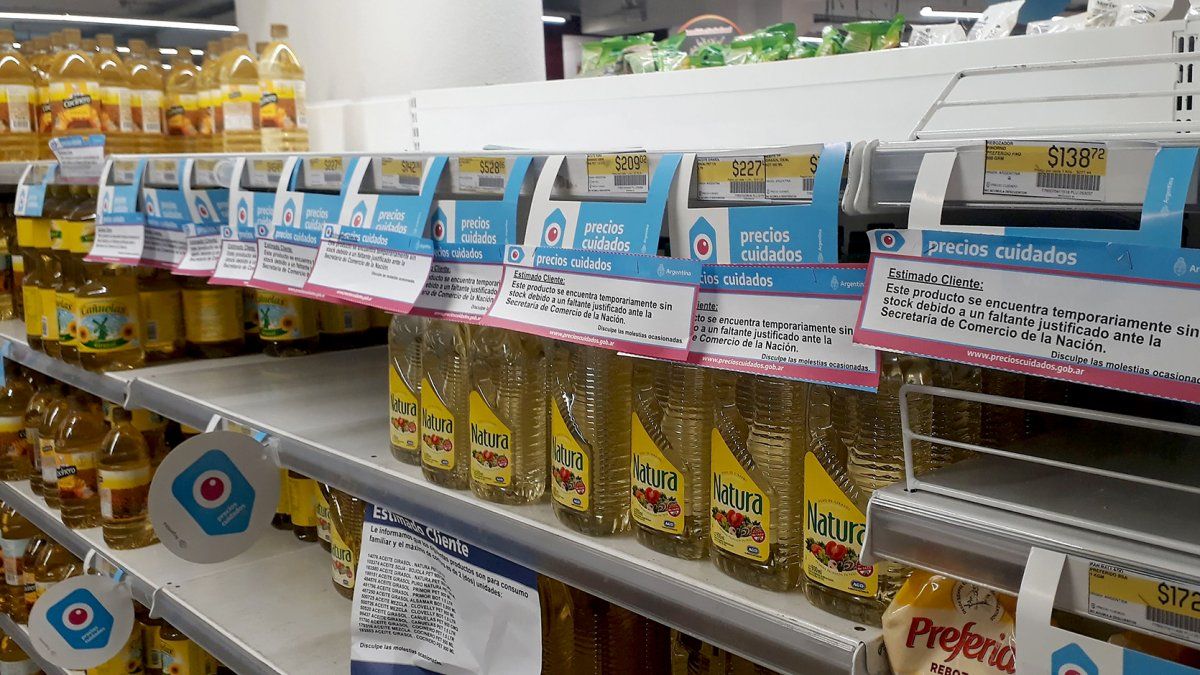“The number one priority is to guarantee supply,” commented an official in dialogue with this newspaper. It is that, simultaneously, they will try to obtain the commitment of food companies and supermarkets that non-regulated products (those that are not part of the program) increase at a lower speed so that the gap reduction becomes effective.
The question will be to see if the validation of greater increases in Prices Care, in a context of very high inertia, does not end up contributing to overheating inflation. To try to prevent the companies from transferring these increases to the rest of the products in the same proportion, the strategy will be dialogue with the companies, which have been demonstrating (even in public statements) their drive to stand out.
For now, in the Palacio de Hacienda they state that the scenario they project is that of a CPI that will continue to slow down month after month. In May, according to private estimates, it would have been above 5%.
On the other hand, in view of the renewal in July, Hang and his team are studying reducing the size of the basket of care prices, today composed of about 1350 items. It would be another of the items of change to reinforce the supply of the program. It is not yet resolved which products could be removed from the list, but the focus will be on those considered “less essential”.
In turn, the Government is working on the adaptation or modification of the three trusts that are currently in force. According to the official reading, these instruments are good and serve to partially decouple internal prices from external ones, but they were conceived and designed for less volatile contexts than the one generated since the outbreak of the war in Ukraine. For this reason, both the 000 flour and dry noodles trust, as well as the oil trust, are exhausting the resources they had available for all of 2022 ahead of time.
The increase in commodities explains how quickly the funds contributed by the companies were exhausted. That is why officials are considering the possibility of asking them to provide more resources to give continuity to the tool for the rest of the year, along with other possible adjustments.
As for the Wheat Stabilization Fund, which subsidizes the wholesale flour market with the proceeds from the elimination of the soy differential withholdings, currently has the three milling companies that had joined before Roberto Feletti’s departure. Official sources announced that another four are about to join. Among them, would be Morixe, one of the most important mills in the market. Molinos Cañuelas, the largest, is already inside.
now 12
Now 12, another of the Secretariat’s programs, will also have changes. In line with the rise in rates that the Central Bank has been implementing, they will revise upwards the cost of financing for people who decide to use the cards to purchase products in installments.
Source: Ambito
David William is a talented author who has made a name for himself in the world of writing. He is a professional author who writes on a wide range of topics, from general interest to opinion news. David is currently working as a writer at 24 hours worlds where he brings his unique perspective and in-depth research to his articles, making them both informative and engaging.




